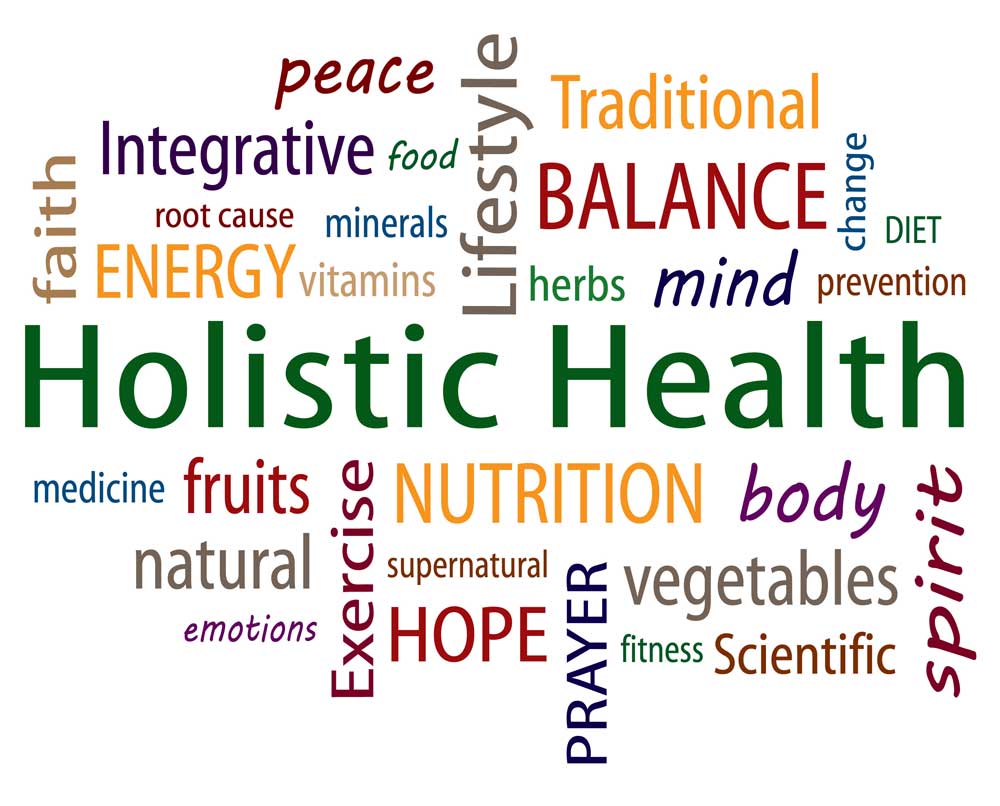
The environment and healthy Biopsychosocial exchanges are crucial to our existence.
“Much has changed since the Industrial Revolution, let me emphasize, much change has occured that is outside the scope of our evolution. We were not meant to be contained in controlled environments or isolated indoors..”

Dr Sixto
Environmental Health is to focus on a healthy exchange with all that encompasses our existence here on Earth.
Environmental Health is the understanding of how the social, natural, or man-made environments that surround us affect our health and well-being. Environmental Health is not only the physical, and that which is tangible but also those aspects or situations when relating to our surroundings that may be affecting us spiritually, some people do take great interest in the collective consciousness. Growing up, I was told, “if whatever concerns you does not make sense to you in the physical world, then trust that it is metaphysical, that which surrounds us, yet we cannot see.” Metaphysical can be explained as: relating to the transcendent or to a reality beyond what is perceptible to the senses.
The natural world’s role in human well-being is an essential, yet often forgotten aspect of healthcare. In Holistic Health, of particular importance are the benefits one can derive through interaction with natural environments. Interaction with nature positively affects multiple dimensions of human health. The physiological effects of stress on the autonomic nervous system are lessened. Psychologically, deficits in attention can be restored or minimized, and people report feeling greater satisfaction with a variety of aspects of their lives. The presence of the natural world promotes social health by encouraging positive social interaction and lessening the frequency of behaviors that create friction. When we consider Spiritual Wellness, nature enhances this dimension through the experience of a greater interconnectedness (which occurs when interacting with the natural world).
Much has changed since the Industrial Revolution, let me emphasize, much change that is outside the scope of our evolution. We were not meant to be contained in controlled environments or isolated indoors. This is all against our social fabric which is to convive! Environmental health ranges from the planet’s overall health to our living and work environments and neighborhoods.
The latest studies have found that for most of the developed world, for example in North America and Europe, inhabitants spend 90% of their time indoors (50% of the world population lives in an urban environment). And research also shows that too much time spent indoors and not enough time in nature can contribute to depression and anxiety. The message: time spent in nature has positive mental health benefits, including reduced stress, better sleep, and cultivates greater happiness.
How can we “neutralize” and ‘naturalize” our ambient spaces… For starters, bring nature inside and let natural light in through windows to brighten your home and provide views of the outdoors or a simulated outdoor green space view where one may have a sunroom where plants grow and provide a place, an Eden, away from the world of noise and traffic and the smells of the city. An interior space where one can sit, contemplate and even be convivial. Also, we must advocate for living spaces that are designed to afford this type of living. In much of the building construction seen today (where we want to take up every inch of building space) living quarters are set to where windows face directly North (in the northern hemisphere) or we build units right to the edge, facing a busy street where we can’t open our windows to enjoy a bit of fresh air, and what about the noise and light pollution. When we sleep we need at least complete darkness.
Take breaks outside, and look up when you go for a walk! Just a few minutes suffices, take walk, have a meal outside and bring your attention when walking to the trees and flowers and gardens. Many urban cities like Chicago have beautiful streets with hanging flower pots and “Hortus conclusus,” that is gardens that are enclosed by low hedges or bounded spaces. Listen to the sound of birds or the feel of the wind on your face. Bring your attention to the here and now on your walk or break. Make it mindful!
The environment and healthy Biopsychosocial exchanges
Gardening increases our creativity and ability to ground ourselves in the present moment. If you do not have available free green space, create a potted oasis. Recent research shows that in a cohort group of senior individuals, participants exhibited significantly increased levels of the brain nerve growth factors BDNF and PDGF by performing 20-minute gardening activities with low to moderate intensity.1 As responsible citizens we need to encourage City planners and leaders to include gardening, particularly at home, among the other, more common livability standards cities consider, such as cycling and walking infrastructure.
Here is a fun fact: household gardening is the only activity where women and people with low incomes reported higher emotional well-being than men and those with higher incomes. Another study found that during the peak of Covid-19 when lockdown restrictions came into place, men who had active interaction with a garden found relatively more emotional well-being than women, again during the lockdown peak, but not after. The study suggests that both public and private green spaces are important resources for health and well-being in times of crisis.
Your environment and your work life. When working, and I am speaking to all, even if you work outdoors, your environment can be less than fruitful. Create a supportive environment that benefits your personal abundance. We spend 30% of our lives at work, so our work environment can influence our health and our well-being. A work environment should feel welcoming and supportive. An environment that encourages positivity, optimism, and grace (Eudemonia). Please note: Many are raving about today’s virtual work environment, but be forewarned that the lack of connection with other humans can cause isolation and present work environments that are not conducive to personal and professional growth.
Biopsychosocial-spiritual well-being or our ability to interact with the natural world is vital and needs serious inclusion in our lives. Incorporating the natural world into healthcare could provide health benefits and improve the design of healthcare facilities. Applied more broadly to society, this knowledge may change the way we approach public health, guard and manage natural resources, and design environments for human use. In Japan, taking a Forest Bath is the practice of immersing oneself in nature in a mindful way, using your senses to derive a whole range of benefits for your physical, mental, emotional, and social health.
Every time that I am out in nature I am overtaken by a feeling of existing outside of myself. I see a soul, a self that is not being judged. It is a surreal feeling of lightness where I observe myself in an overwhelming sea of calm. The benefits to my well-being are priceless and it is not the altitude and lack of oxygen making me feel and see things! – Dr. Sixto.
Environmental health is much harder to measure and much harder to control than physical health. As individuals, we don’t always have the authority to improve our environmental factors. However, we must do what we can to improve our environmental health for the sake of our overall well-being.
In conclusion: Tidy up and decorate your spaces. Live and work in a clean, uncluttered, and inviting space to improve your environmental health and contribute to your overall well-being. Advocate for an end to this Climate crisis and push for inherently accessible clean water and air, these privileges sadly, can only be afforded to some. If your environment doesn’t naturally provide clean air and water, try cleansing these elements yourself. Consider water and air filtration systems. And if you live in a polluted area, spend time away from the pollution when possible.
Clean up your local community. Volunteer to help clean up your town or neighborhood. It’ll contribute to the environmental health of you and your neighbors, and it may help improve some of your social and spiritual health as well.
Become eco-friendly. Reduce, reuse, recycle. As individuals, we cannot save our environment, but there are little things we can do to help. So, consider what you can do to become more eco-friendly. Maybe it’s reducing plastic use or using a bike to get around. Remember that the health of the planet has a direct effect on human health.
For further information on how you or a loved one could benefit from a Holistic Wellness, Whole Health path, please do not hesitate to contact me at sixto@drsixto.me.
To your Whole Health and Wellness, naturally!
Dr. Sixto J. Sicilia
Holistic Health & Nutrition Practioner
Founder, issimoUSA
1 Park, S.-A., Lee, A.-Y., Park, H.-G., & Lee, W.-L. (2019, March 2). Benefits of gardening activities for cognitive function according to the measurement of brain nerve growth factor levels. International journal of environmental research and public health. Retrieved January 24, 2023, from https://www.ncbi.nlm.nih.gov/pmc/articles/PMC6427672/.
